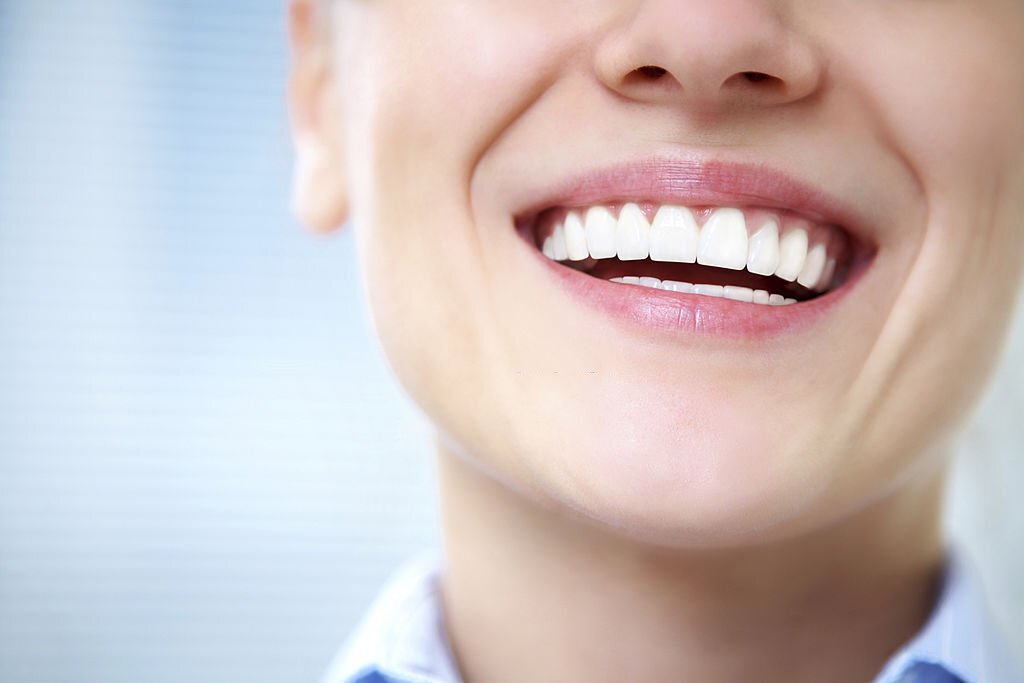Introduction
A bright, white smile is often associated with beauty, confidence, and good oral health. As a result, teeth whitening has become a popular cosmetic dental procedure to enhance the appearance of teeth. While professional teeth whitening treatments can provide noticeable results, the connection between oral hygiene and teeth whitening outcomes should not be overlooked. Maintaining good oral hygiene practices is essential to maximizing the effectiveness of teeth whitening and achieving long-lasting results. In this blog, we will explore the relationship between oral hygiene and teeth whitening results, understanding how proper dental care impacts the whitening process and overall dental health.
The Importance of Oral Hygiene for Teeth Whitening
Before delving into the connection between oral hygiene and teeth whitening results, it is crucial to understand the significance of oral hygiene in general dental health. Regular brushing, flossing, and dental check-ups are essential for maintaining healthy teeth and gums. Proper oral hygiene practices help remove plaque, bacteria, and food particles that can contribute to dental issues such as cavities, gum disease, and tooth discoloration.
a. Removing Surface Stains:
Good oral hygiene helps remove surface stains from teeth, preventing them from becoming deeply embedded and resisting the teeth whitening process.
b. Preparing the Teeth for Whitening:
Prior to undergoing professional teeth whitening treatments, dental professionals often conduct thorough cleanings to ensure that the teeth are free of plaque and debris. This preparation optimizes the teeth whitening process, allowing the bleaching agents to work more effectively on clean tooth surfaces.
c. Enhancing Whitening Results:
Maintaining proper oral hygiene practices after teeth whitening treatments helps preserve the results for a more extended period. Preventing new stains and maintaining dental health contribute to a brighter and healthier smile over time.
Professional Teeth Whitening and Oral Hygiene
Professional teeth whitening treatments conducted by dental professionals offer significant improvements in tooth color and aesthetics. However, the effectiveness of these treatments can be influenced by the individual’s oral hygiene habits and overall dental health.
a. Dental Examination and Treatment Planning:
Before recommending teeth whitening, dental professionals conduct a comprehensive dental examination to assess the individual’s oral health. Any existing dental issues, such as cavities or gum disease, are addressed before proceeding with the whitening treatment.
b. Customization:
Professional teeth whitening treatments can be customized to meet each individual’s specific needs and goals. Dental professionals consider factors such as the level of tooth discoloration, the desired shade of whiteness, and the patient’s dental history when determining the most appropriate whitening method.
c. In-Office Whitening:
In-office professional teeth whitening treatments typically use higher concentrations of bleaching agents, providing immediate and noticeable results. However, proper oral hygiene is essential for maintaining these results over time.
d. At-Home Whitening Kits:
For at-home teeth whitening kits prescribed by dental professionals, the custom-fitted trays or strips provided ensure that the bleaching agent is applied effectively to the teeth. Dental professionals provide instructions on how to use the kit safely and maximize its efficacy.
The Role of Oral Hygiene in Whitening Toothpaste and Products
In addition to professional teeth whitening treatments, there are various over-the-counter whitening products, including whitening toothpaste, strips, and gels. While these products can help remove surface stains and provide mild whitening effects, their effectiveness is enhanced when used in conjunction with proper oral hygiene practices.
a. Whitening Toothpaste:
Whitening toothpaste typically contains mild abrasives that can help remove surface stains from the teeth. Regular brushing with whitening toothpaste can contribute to a brighter smile, especially when coupled with proper brushing techniques and regular flossing.
b. Whitening Strips and Gels:
Over-the-counter whitening strips and gels often contain lower concentrations of bleaching agents compared to professional treatments. While they can provide some whitening results, maintaining good oral hygiene helps ensure optimal outcomes.

Preventing New Stains and Maintaining Results
Maintaining good oral hygiene practices after teeth whitening treatments is essential for preserving the results and preventing new stains from forming.
a. Regular Brushing and Flossing:
Brushing the teeth at least twice a day and flossing daily helps remove surface stains, plaque, and food particles that could lead to new stains and dental issues.
b. Avoiding Staining Foods and Beverages:
Limiting the consumption of staining foods and beverages, such as coffee, tea, red wine, and dark-colored berries, can help minimize new stains on the teeth.
c. Regular Dental Check-ups:
Routine dental check-ups with a dental professional are essential for monitoring oral health and addressing any dental concerns that could affect the results of teeth whitening.
The Connection Between Oral Hygiene and Teeth Sensitivity
Proper oral hygiene is not only essential for achieving teeth whitening results but also for minimizing tooth sensitivity, which can be a side effect of bleaching agents used in whitening treatments.
a. Pre-existing Sensitivity:
Individuals with pre-existing tooth sensitivity may experience temporary sensitivity during or after teeth whitening treatments. Dental professionals can provide recommendations to manage sensitivity and optimize the whitening experience.
b. Avoiding Overuse:
Overusing teeth whitening products, either professional or over-the-counter, can lead to increased tooth sensitivity. Following dental professional instructions and recommendations helps prevent excessive use of whitening agents.
Conclusion
The connection between oral hygiene and teeth whitening results is undeniable. Maintaining good oral hygiene practices plays a pivotal role in achieving and maintaining a bright, white smile. Proper brushing, flossing, and regular dental check-ups prepare the teeth for whitening treatments, enhance the efficacy of whitening products, and help preserve the results over time. In addition to teeth whitening benefits, good oral hygiene contributes to overall dental health, reducing the risk of dental issues such as cavities and gum disease. By prioritizing oral hygiene, individuals can enjoy the confidence of a radiant smile and improved dental health for years to come.


